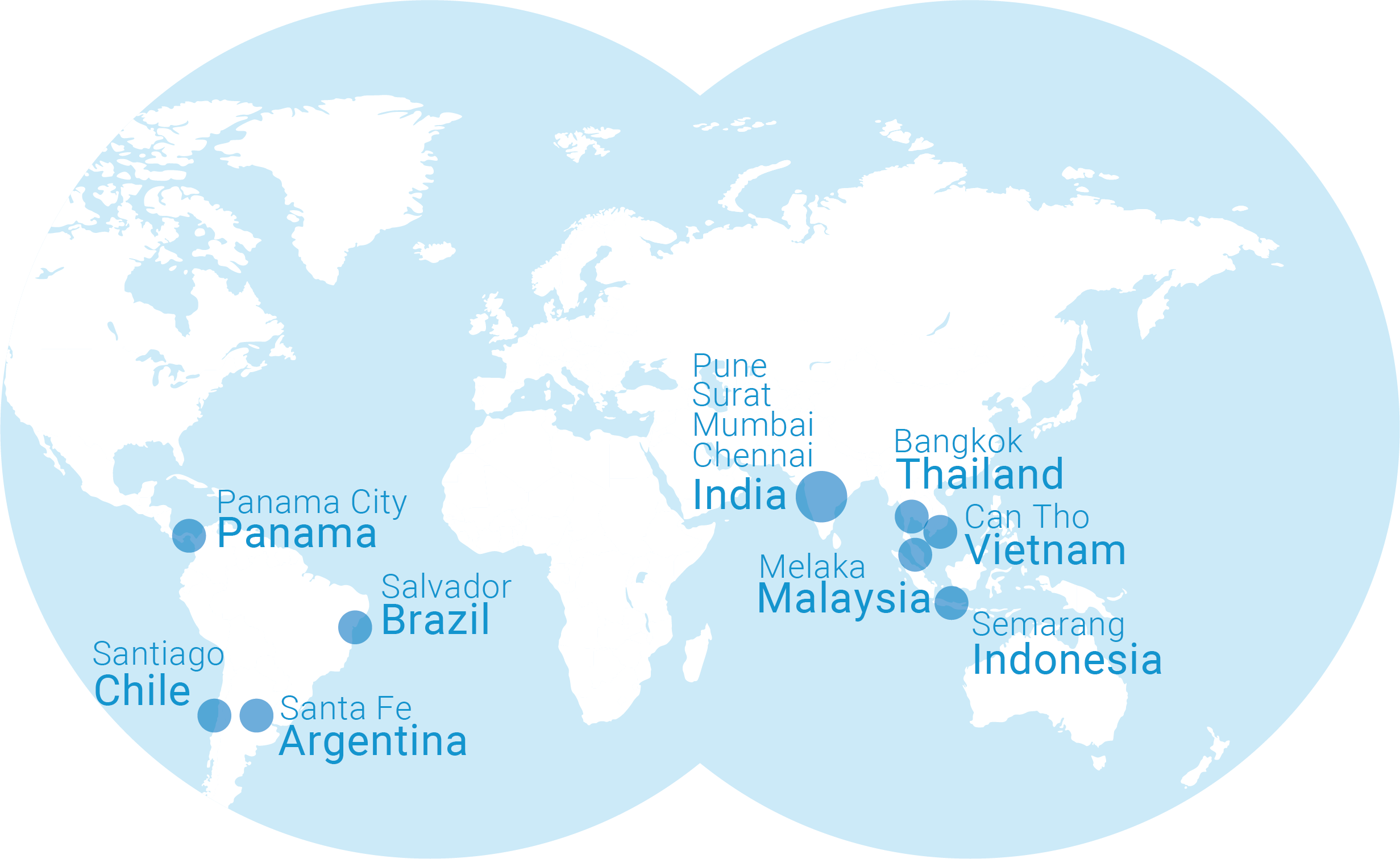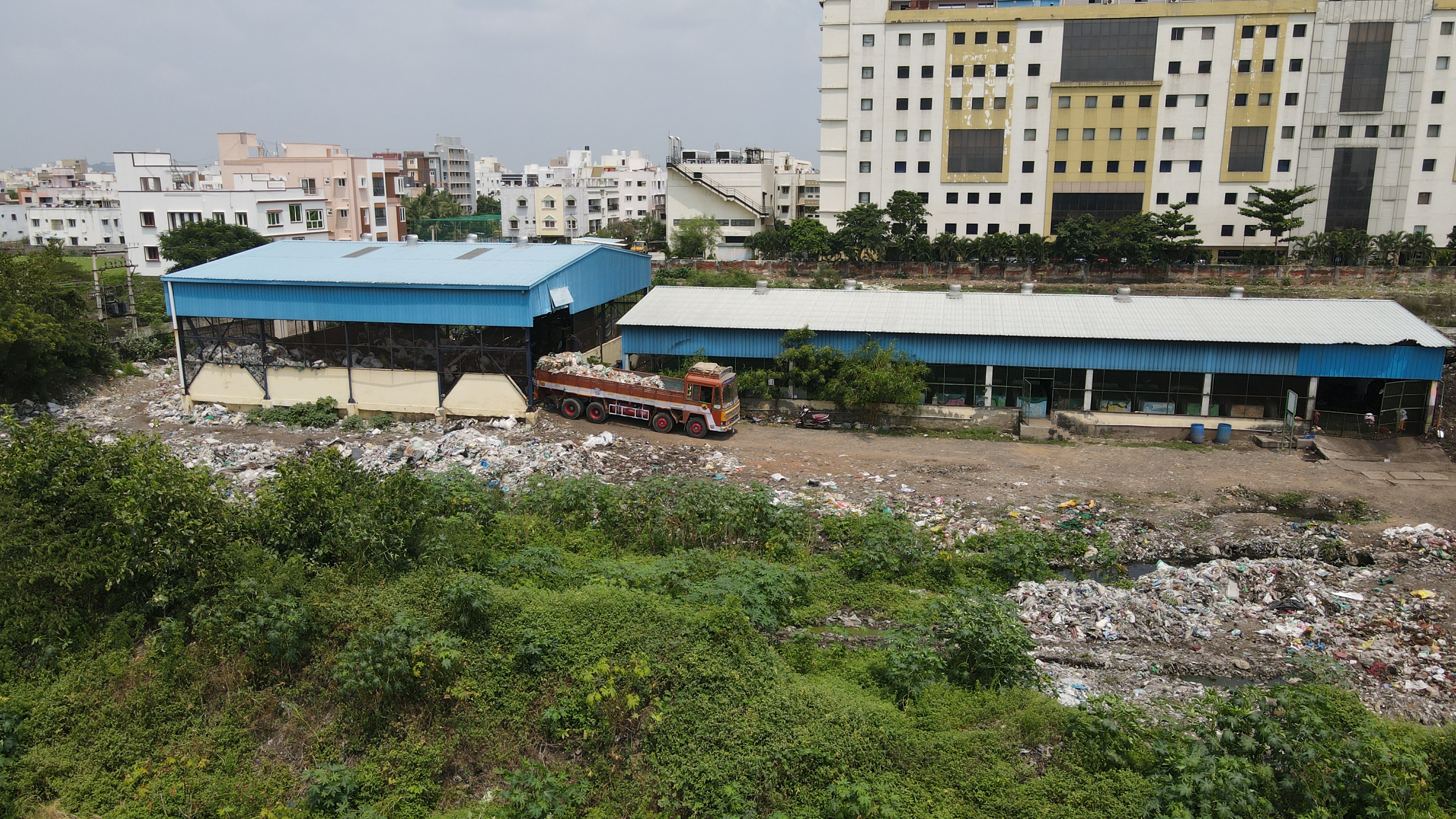Guest blog by Daniel S. Padilla Ochoa, Project Director, Urban Ocean Ocean Conservancy
In 2019 Ocean Conservancy and its partners launched Urban Ocean®, a capacity-building and accelerator program to end ocean plastic pollution and build more resilient cities. Urban Ocean champions circular economy principles, builds awareness of ocean plastic pollution, assesses waste management systems, and supports cities to develop projects that address the interrelated challenges of ocean plastics and resilience. The program is jointly implemented by Resilient Cities Network, Ocean Conservancy and The Circulate Initiative.
This June, thanks to funding from the NOAA Marine Debris Program, Ocean Conservancy and its partners will host the first in-person meeting of the 12 current Urban Ocean cities. The Urban Ocean Summit is a gathering that will bring together city officials, representatives from academia, civil society, and the private sector to share knowledge, and create potential funding and collaboration opportunities to support cities in their journey to reduce plastic pollution in their communities.

“Addressing plastic pollution at its source and in large population centers is important for keeping it out of our ocean,” said Nancy Wallace, Director of the NOAA Marine Debris Program. “The NOAA Marine Debris Program has been pleased to support Ocean Conservancy’s work through Urban Ocean since 2019 to share knowledge and enable city managers to reduce plastic pollution.
Daniel Padilla Ochoa, Project Director for Urban Ocean at Ocean Conservancy said, “Supporting cities’ pursuit of circular economies, cleaner neighborhoods, and a healthy ocean is imperative to reach our goals of zero plastic pollution and more resilient cities. With the support of NOAA and the private sector, the Urban Ocean partners are able to mobilize public and private support to make healthier cities and a plastic free ocean a reality. During the Urban Ocean Summit, cities, private and public entities will convene to learn from one another and find avenues of collaboration.”

Cities will not only be able to learn from one another through knowledge exchange sessions at the June event, but will also have the opportunity to present. For those that have completed the Urban Ocean program, they will share what projects they have implemented; for those that are in the midst of the program, they will share some of the key highlights from their participation thus far.
The agenda will include speakers from the University of Georgia Circularity Informatics Lab showcasing one of the key tools that Urban Ocean utilizes, the Circularity Assessment Protocol, a speaker from Ocean Conservancy highlighting the connection between plastics and climate, and participants specializing in the informal sector, and mobilizing cities through intersectional resilience goals.
To showcase the mission and promise of Urban Ocean, Summit attendees will visit a zero-waste neighborhood, where Urban Ocean has been supporting the Chennai Resilience Center in piloting an extensive on-the-ground approach to educate, increase recycling, and divert organic waste, all for the benefit of the community and the environment.
For more information please contact Daniel Padilla Ochoa at dpadillaochoa@oceanconservancy.org.
